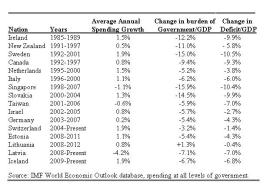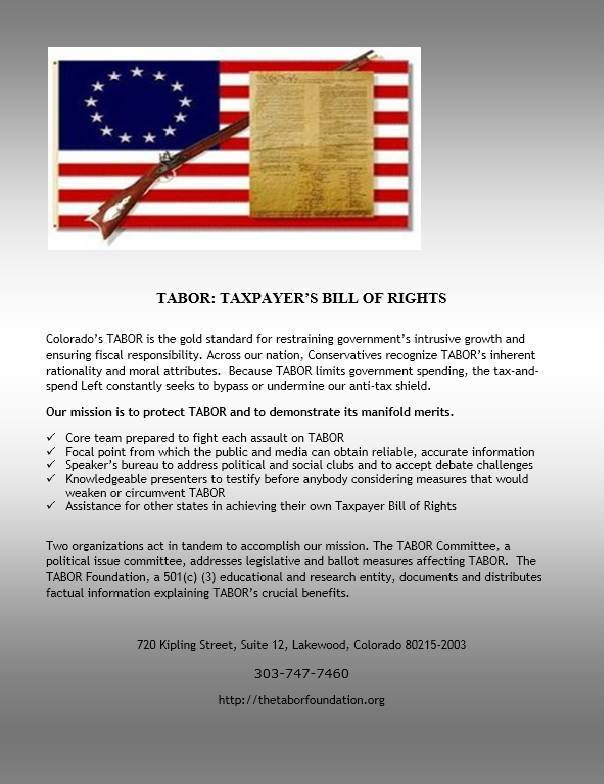A tax by any other name …
Mesa County District Judge Lance Timbreza delivered a solid favor to taxpayers. He recently ruled against the Grand Valley Drainage District stating that the taxing body illegally collected revenue for its stormwater drainage system. The district bypassed restrictions established by the Taxpayer’s Bill of Rights by calling its rent-seeking activities a “fee” rather than a “tax.”
More importantly, Timbreza’s decision serves as a great precedent to make certain that other governmental entities don’t willfully sidestep the Colorado Constitution. The GVDD case is simply a microcosm of a larger pattern occurring across the state, where various taxing authorities are leveraging the exact same doublespeak as a loophole to generate more revenue without voter approval.
For taxpayers, this was nothing more than a small victory against a Leviathan-sized foe.
The editorial suggests that the need for stormwater drainage does not necessarily go away, which is true. The piece continues, “Good luck trying to get the public to buy into a taxing scheme after the county and the chamber fought like hell to call a fee to address the problem of a tax.”
But that’s the whole point! Trust in government is at an all-time low for a reason: Many of these institutions have simply not earned the trust of their tax base. Constantly moving the goal posts only reinforces this mistrust.
Such deceitful tactics used to skirt TABOR have been in circulation for far too long.

 The anti-TABOR, consent-hating, government-expanding, nannyist bureaucrat will interview and probably lecture our esteemed panelists of limited government, free market activists. What could go wrong?! It’s bound to be entertaining and educational!
The anti-TABOR, consent-hating, government-expanding, nannyist bureaucrat will interview and probably lecture our esteemed panelists of limited government, free market activists. What could go wrong?! It’s bound to be entertaining and educational!


